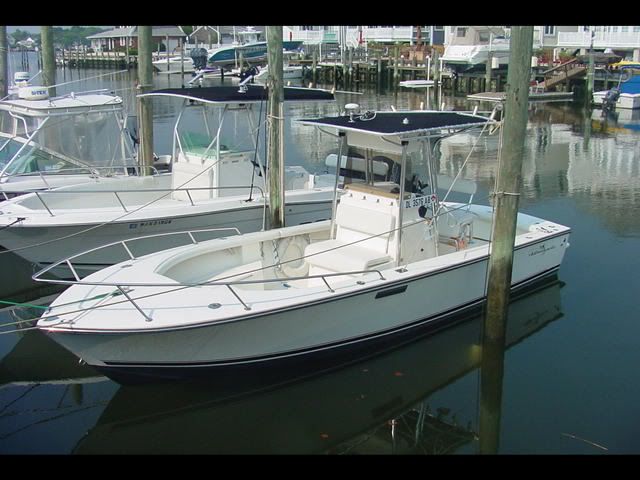Why do nearly all fishing boats use outboard motors? What's wrong with an I/O?
Seems to me the I/Os are much quieter and more efficient than most outboards made more than a few years ago. I'm imagining boat ownership without things like powerpacks and 6 carbs.
My parents used to have an I/O with an OMC cobra that ate gears annually, but do the mercuisers, volvos, and newer cobras have the same problems?
Seems to me the I/Os are much quieter and more efficient than most outboards made more than a few years ago. I'm imagining boat ownership without things like powerpacks and 6 carbs.
My parents used to have an I/O with an OMC cobra that ate gears annually, but do the mercuisers, volvos, and newer cobras have the same problems?




